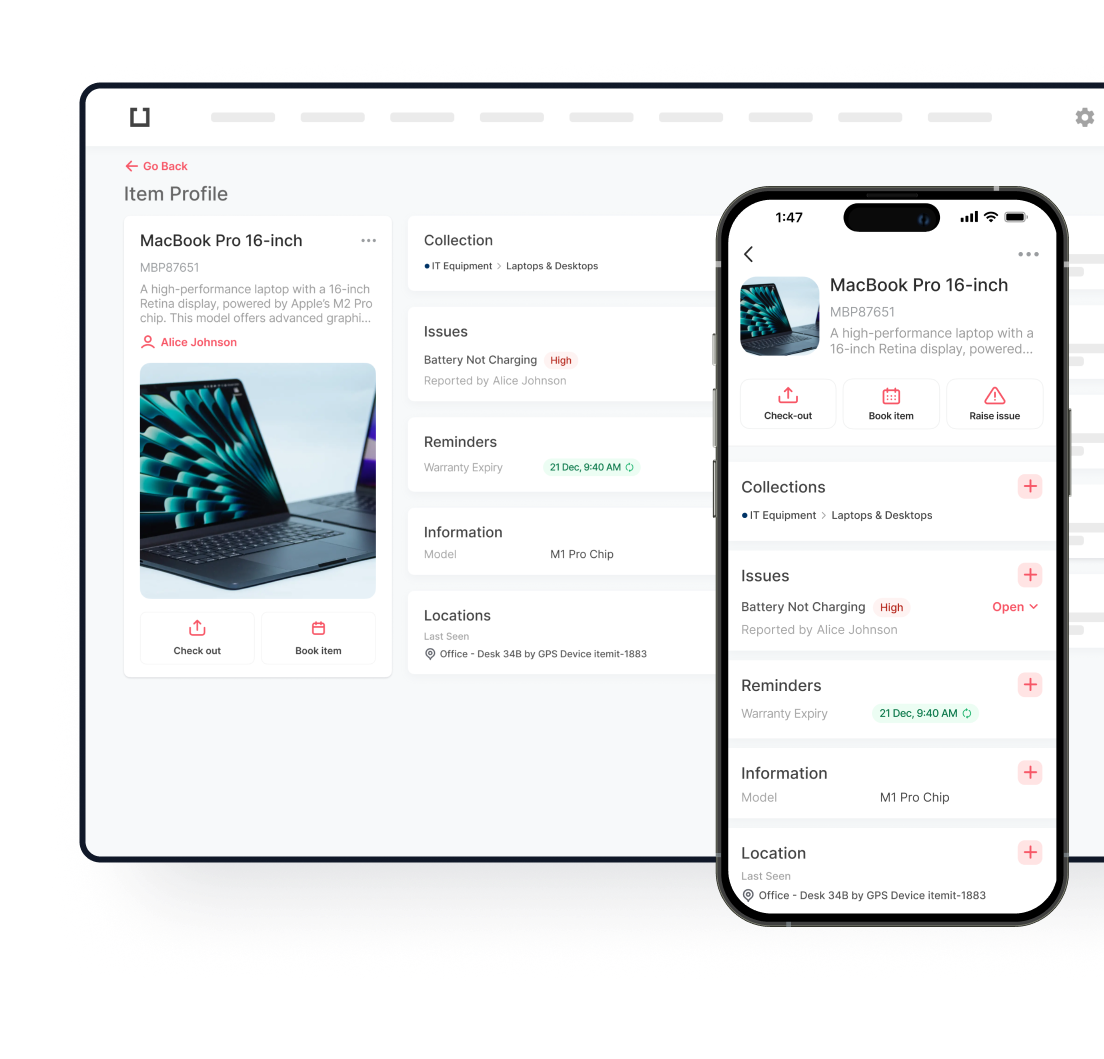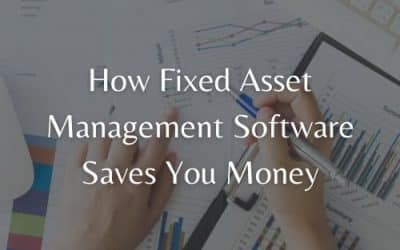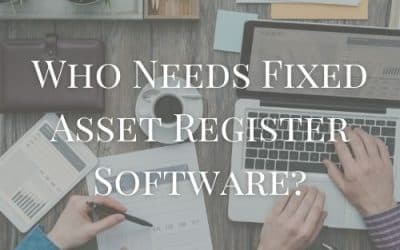
Fixed asset management software is a useful tool for your business to have. With software, you can implement, improve, and monitor fixed asset management operations.
But, how does fixed asset management save your business money? Why is it so critical?
Fixed asset management is a way to monitor what your business owns and relevant costs related to your assets. This gives you more transparency over various asset issues or inefficiencies and gives you accurate tax returns and insurance costs.
What Is Fixed Asset Management?
Fixed asset management is the process of logging, tracking and managing your fixed assets. What are fixed assets? Permanent business assets that you can’t convert into cash easily.
In other words, fixed assets may be inexpensive bits of kit, or they could be larger, pricier bits of equipment. They can also be IT assets, furniture, and more.
Why do you need to track these assets? It’s simple, these assets will either cost or save your business money, depending on how they’re used, their running costs, and their current values.
Fixed asset management is simply the process of gaining visibility over this data.
Using Fixed Asset Management Software
Fixed asset management software simplifies fixed asset tracking operations. When you use software, you can log your assets as unique asset profiles, and add data to these profiles.
All of the data you add contributes to an automated fixed asset register that you can then manipulate, manage and export for critical stakeholders.
For example, you’ll be able to export this fixed asset register and send it to your tax team for them to cross-reference and calculate expenses against, but you’ll also be able to use it for auditors.
How Tracking Fixed Assets Saves You Money
The idea behind tracking your fixed assets is that you collect critical data that feeds into your fixed asset register. So, when you track your assets, you update their locations, service history, report issues and log who is responsible for the assets.
These processes are critical for any type of asset tracking, as you’ll always have a need to see where your assets are, what you own, how your assets are behaving and who has them. This reduces asset loss, duplicate purchases and addresses any issues surrounding accountability.
Then, adding fixed asset tracking to these operations saves you more money as you mitigate risks such as ghost and zombie assets and gain visibility over your assets’ depreciation.
Overall, the idea behind fixed asset management is visibility and control over your assets, and this visibility and control feed into a number of benefits that provide your business with a return.
itemit’s Asset Tracking Software
itemit’s asset tracking software gives you all of this and more. With itemit, you can monitor, track and manage any type of asset, whether it’s a fixed asset or not.
itemit is used across the globe in all types of industry, tracking billions of pounds worth of assets. From high-value assets to props to tools & equipment, it’s likely on someone’s asset register in itemit.
The core of itemit’s asset tracking software is that you’re supposed to be saving money when you perform asset audits and asset tracking operations, which is why the system is built to be easy to use and built to save your business money.
To find out more about how itemit’s asset management software can save your business money, you can contact the team at team@itemit.com. You can also fill in the form below to start your very own 14-day free trial.

Try itemit
Choose a better way to track your assets. Start your free 14-day trial now!

Keep Learning
itemit Blog
Tips, guides, industry best practices, and news.
How Fixed Asset Management Software Saves You Money
Find out more about fixed asset management software. With fixed asset tracking, you’ll be able to save time and money while still fulfilling your duties.
How To Use An Anti-Theft Tool Tracker
An anti-theft tool tracker can help you mitigate theft while also providing benefits to your asset tracking. Find out how to track your tools.
Who Needs Fixed Asset Register Software?
Find out more about fixed asset register software. Who needs asset tracking systems? Businesses looking for ways to save time and money.


